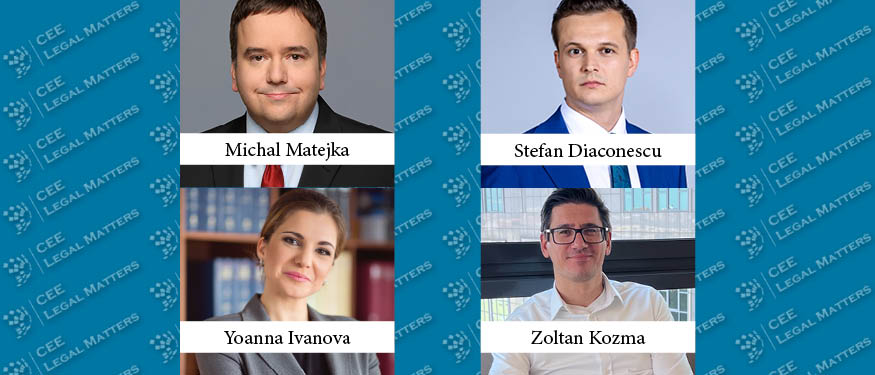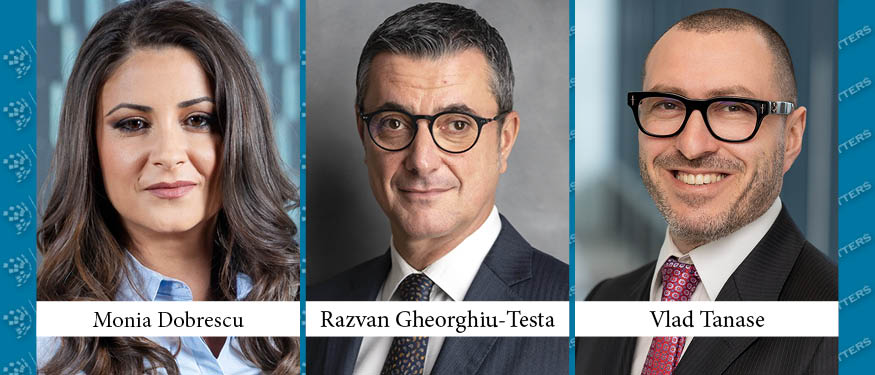In the past few months, the vibrant IT sector has been rapidly developing in Serbia, with the emergence and growth of highly digitalized companies at the forefront, according to Cvjeticanin & Partners Managing Partner Nenad Cvjeticanin.
"The IT sector has seen a significant increase in development in recent months," Cvjeticanin begins. "This growth is largely related to the conflict between Ukraine and Russia, as many IT specialists from those countries have come here to avoid the war and sanctions and start their own businesses. We frequently see teams of 15 to 30 people coming in large numbers, often with families." According to him, last year, an estimated 100,000 new people arrived in the country.
"This is a new area of focus for the legal sector, as we are now dealing not only with IT law, but immigration law-related issues to support these people," Cvjeticanin notes. "While we are not taking sides in the conflict, our main focus is providing support for those affected by it, and helping them with immigration and other related issues."
Additionally, Cvjeticanin notes that personal data protection has been a notable factor under these new circumstances. "This is a significant concern for many software applications that are focused on personal data processing," he points out. "In fact, up to 60% of these new highly digitalized companies’ work is related to developing apps which process personal data, as large companies need this kind of data." For example, he notes, "marketing companies frequently rely on targeted ads, which requires consent from consumers and other measures to comply with the GDPR requirements."
Cvjeticanin also highlights that more and more people are now relying on cryptocurrencies. "After the war, there has been a huge question regarding how to move money, as many people from Russia cannot rely on traditional methods such as money transfer via banks, due to the restrictions." As a result, he says, "they have turned to using cryptocurrency as a way to move money. For example, they buy crypto in Russia and when they come to Serbia they sell it in a decentralized manner to avoid obstacles."
According to Cvjeticanin, the government has recognized this migration trend and its potential benefits. "Serbia currently has a very favorable tax policy. Additionally, there are various incentives that are offered, which makes Serbia an interesting destination for IT investors from all over the world. This is particularly the case for digital nomads, who are coming to Serbia because of the favorable tax policy and incentives in the IT sector," he notes.














